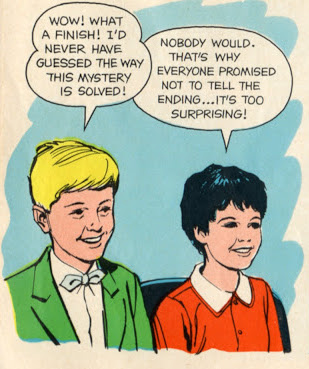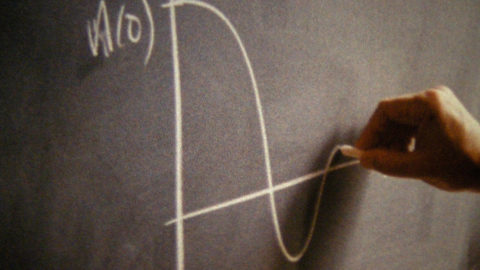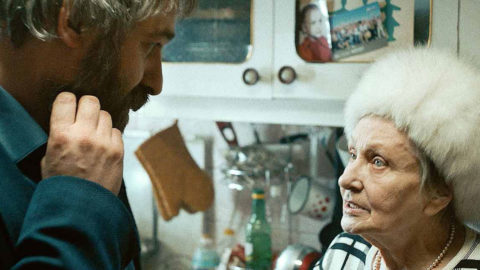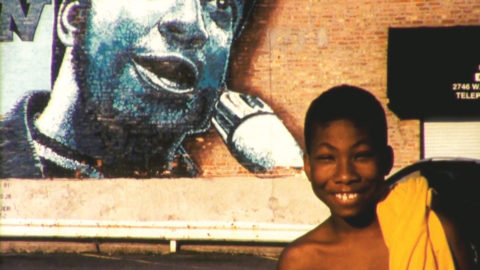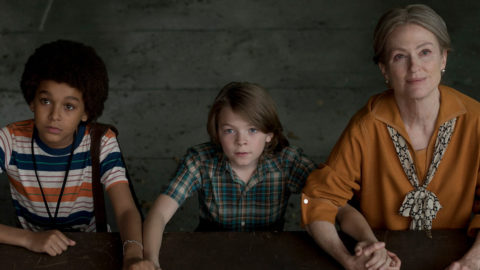News to Me: Deborah Stratman, Cristi Puiu, Dardennes
Deborah Stratman’s Hello Ladies
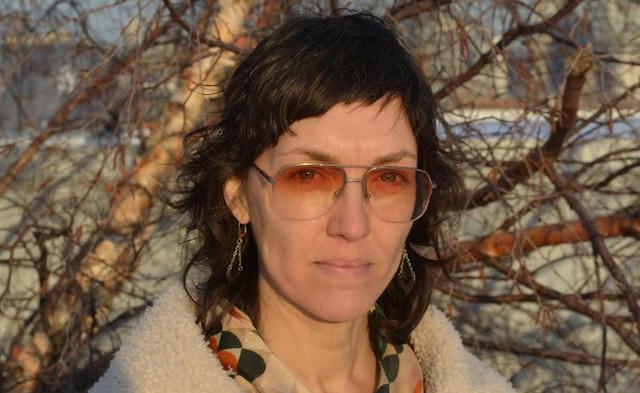
In her rich and wide-ranging oeuvre of experimental films, Deborah Stratman often excavates the marginalized and sometimes metaphysical narratives contained within physical landscapes. Her most recent feature-length project, The Illinois Parables (2016), uses the topography of the Midwestern state to thread together eclectic episodes from its history; Optimism, a 15-minute short that premiered at this year’s Berlinale, sketches a portrait of Canada’s Dawson City through stories of the Gold Rush and of the town’s long-standing efforts to rid the valley of a permanent shadow.
Stratman’s next feature project, a hybrid documentary titled Hello Ladies, arises from a similarly inventive blend of history, geography, and ethnography. Stratman told Film Comment that the project will explore “the legacy of women’s public voice in Ethiopia” through three distinct focal points: azmari, an Ethiopian griot tradition often used to critique those in power; the Afar delta, a rare tectonic formation with three diverging continental plates; and the community of Ethiopians in Washington, D.C., who fled their home country during the Red Terror of the 1970s.
“What was interesting to me about the [azmari] tradition is that women were often the singers. That’s pretty unusual, to have women as the visible critiquers of social order,” Stratman said.
She started thinking about contemporary manifestations of this tradition, which led her to Hello Ladies, an Addis Ababa–based radio program run by a feminist hip-hop artist named DJ Lee. Stratman said that Lee and other female DJs and performers will serve as the film’s “guide-provocateurs,” shedding light on the ways in which women define public culture in present-day Ethiopia.
Stratman views the Afar delta as an allegorical counterpart to this project of feminist rewriting. “It’s an ur-birthing zone, the planet is literally bursting up new stuff because these plates are spreading apart,” she explained. It also happens to be the region where Lucy, the three-million-year-old fossil of an early human ancestor, was discovered in 1974. “She’s like your mother’s mother’s mother’s mother’s mother… It’s kind of a mythos of early humanity and proto-feminism.”
And as for Washington, D.C., the third element in her triptych, Stratman imagines it as situated somewhere between these cultural and metaphorical concerns. “It’s another delta, another meta-site of mythmaking and power.” Using the broad sweep of these three ideas, she intends to create a “social-science nonfiction” about “women’s language, gestures . . . and modes of resistance,” and the silencing of countercultural voices.
Stratman will start filming Hello Ladies in the fall in Ethiopia. She plans to shoot a mix of video and analog film, and hopes to incorporate elements of Ethiopian performance—such as a pentatonic musical scale and the choral movements of the popular eskista dance—into the structure of her film. “I’m trying to find a way to riff on traditional forms and to transcribe them into my mode of shooting,” she said.
In the meantime, Stratman has a few other shorter projects in the works as well. This summer, she is collaborating with Barbara Hammer on a project involving some material that Hammer shot in Guatemala in the 1970s. “It’s still very nebulous. It’s going to have something to do with Mayan weaving and Maya Deren,” said Stratman with a laugh.
Films on the Horizon
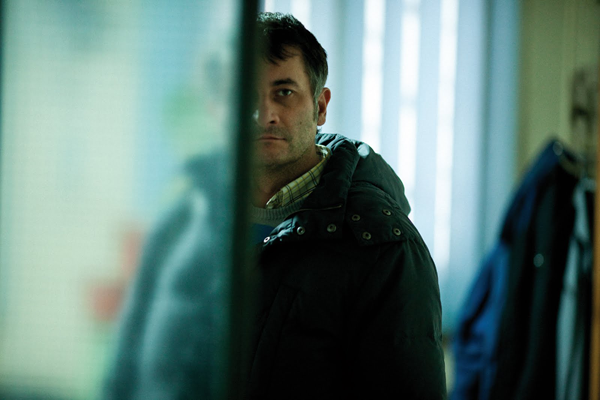
Cristi Puiu (The Death of Mr. Lazarescu) has wrapped shooting on his French-language debut, Manor House. Set in the 1900s, the film centers on a wealthy landowner and his guests, who have deep-dish conversations about life and philosophy. Puiu continues to draw inspiration from Russian philosopher Vladimir Solovyov’s A Short Story of the Antichrist. The Dardenne Brothers’ next film, Ahmed, concerns the radicalization of a Belgian boy and his scheme to kill his teacher. And Todd Haynes (who previously announced a documentary on the Velvet Underground) is going straight to the root of his psychoanalytic interests with an Amazon series about Sigmund Freud.
Readings
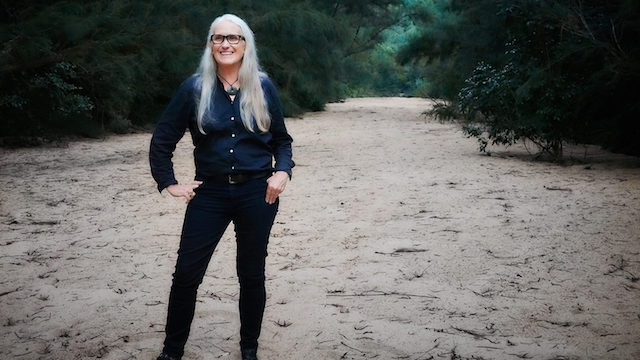
✸ Twenty-five years ago, Jane Campion became the first (and, to date, only) female filmmaker to win the Palme d’Or, for The Piano. In an interview with The Guardian, she talks about living through “one of the more ferocious patriarchal periods of our time” and the “macho force” of capitalism.
✸ Cinea’s Photogénie magazine features a compelling and dauntingly thorough investigation into the influence of Steadicam on the genre films of Brian De Palma.
✸ In belated memory of Ermanno Olmi (1931-2018), who passed away earlier this month, here is a 2001 Film Comment feature on the director of The Tree of Wooden Clogs (1978), I Fidanzati (1963), and Il Posto (1961). You can watch early documentary shorts he made for utility company Edisonvolta in the 1950s, e.g., Three Lines to Milan, about the work and everyday life of laborers building a power line in the mountains.